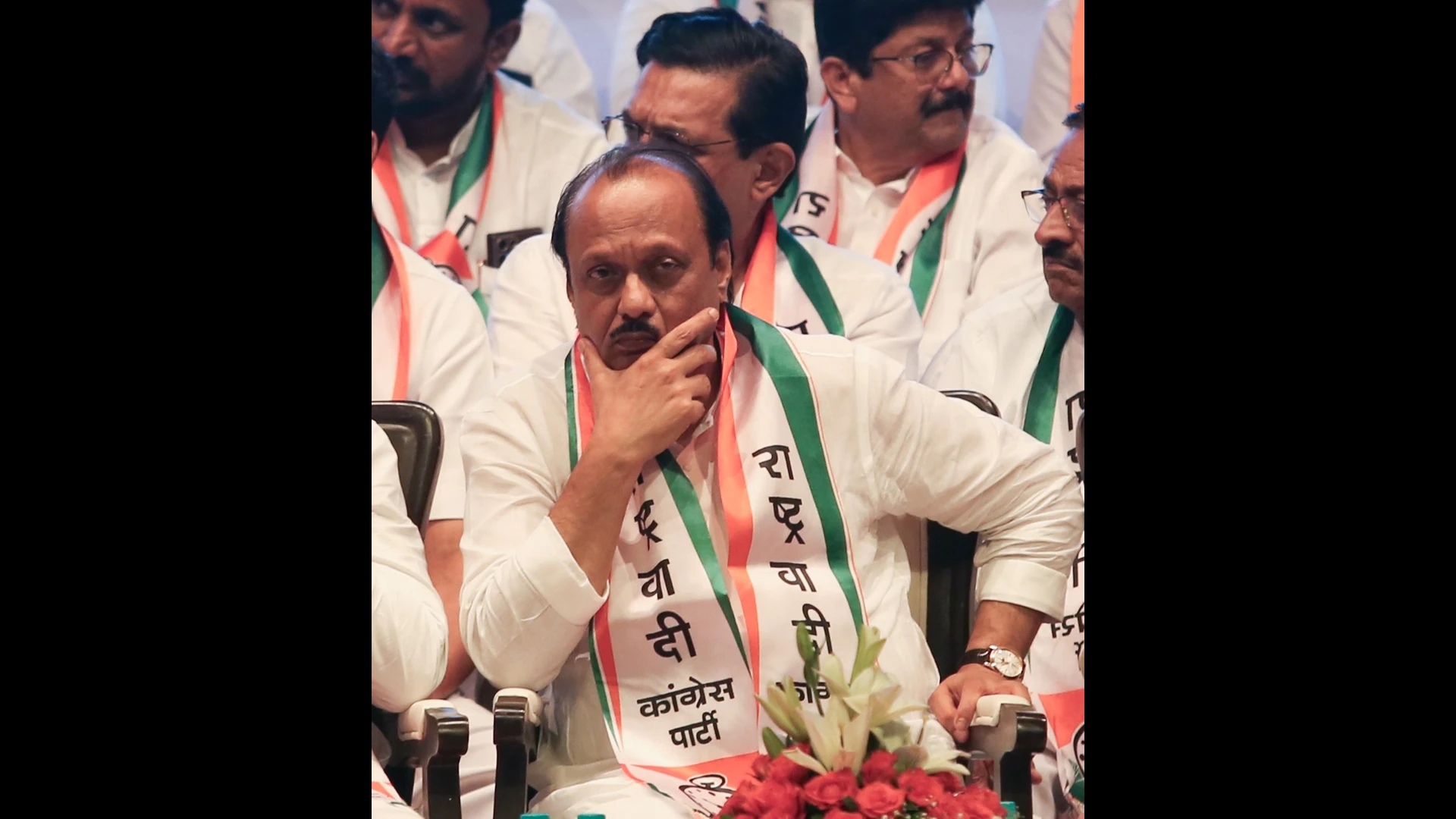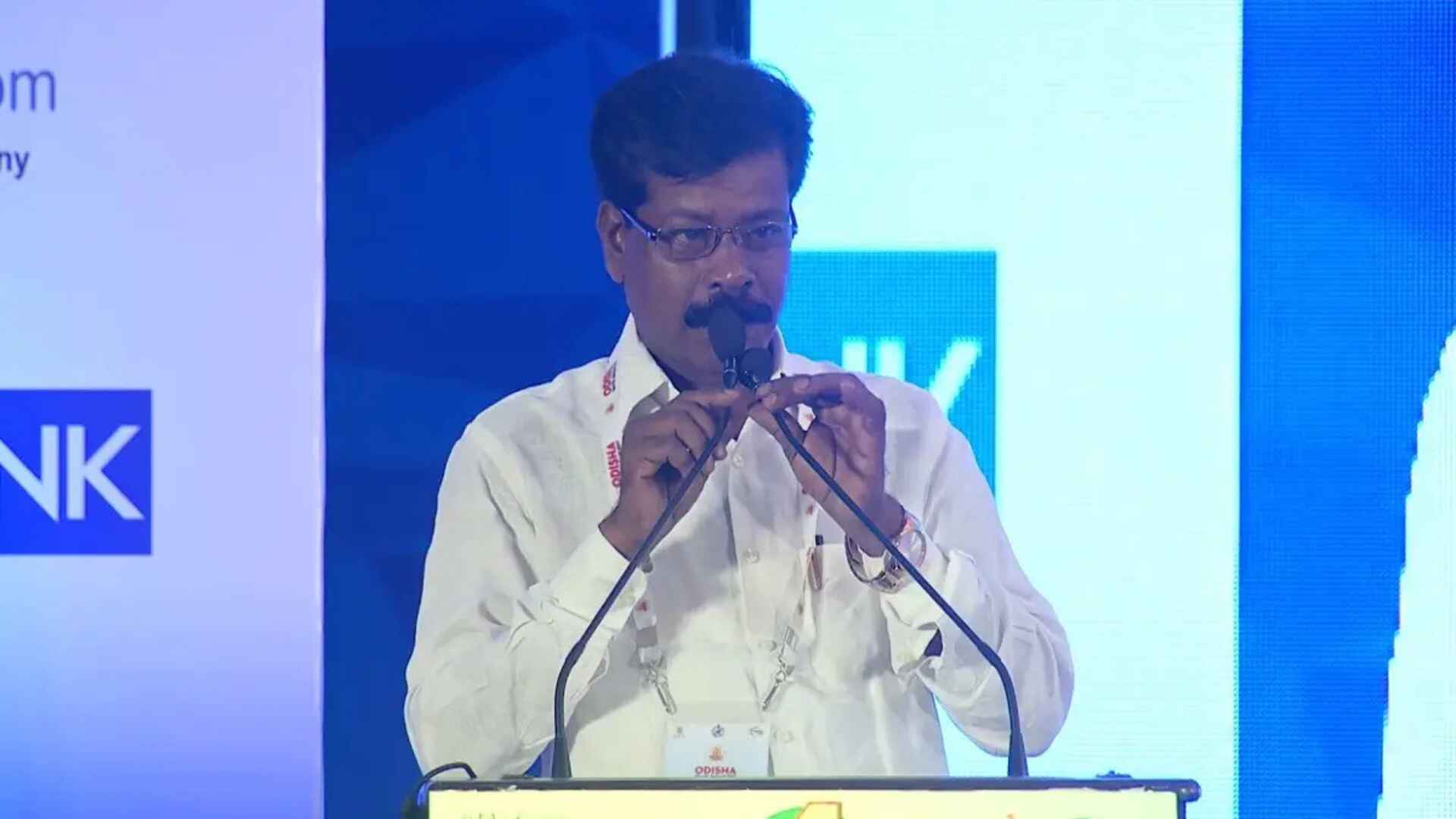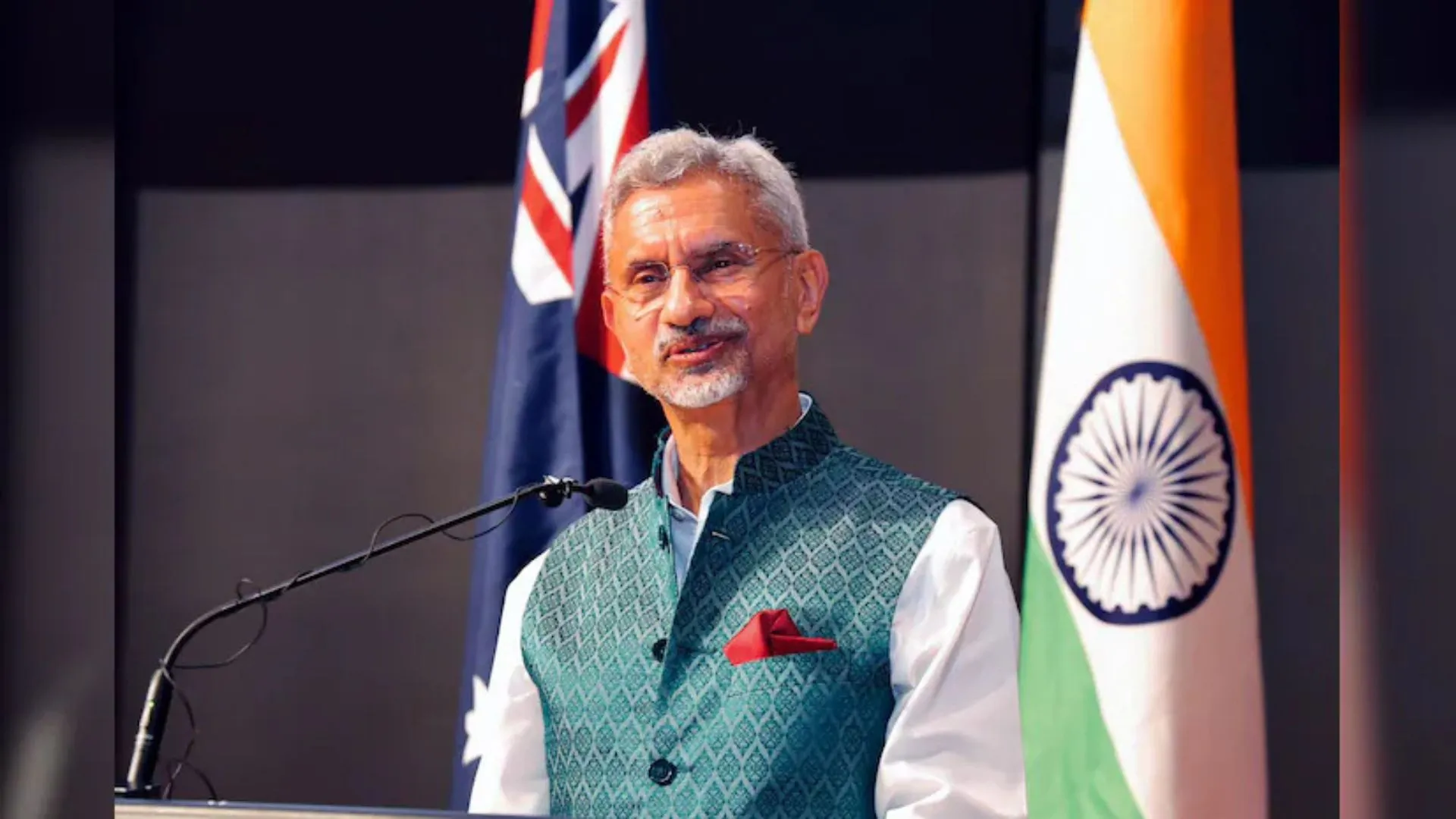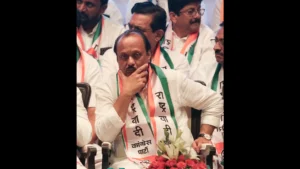Maharashtra Deputy Chief Minister and NCP leader Ajit Pawar has called for a caste census, emphasizing its importance in obtaining accurate population figures for tribals, Scheduled Castes (SCs), Other Backward Classes (OBCs), and minorities. He believes this data will help the Centre formulate more effective policies.
In an exclusive interview with ANI, Pawar stated, “A caste census should be conducted alongside the general census to determine the exact population of various societal groups. This information will aid the government in developing policies, including those related to reservations.”
Pawar also highlighted the ongoing demands for a caste census by Congress, other opposition parties, and the JD-U, a member of the NDA.
Turning to the challenges faced by farmers in Maharashtra, Pawar underscored the government’s commitment to their welfare. He mentioned reforms such as offering loans at zero percent interest, waiving old electricity bills, and providing free electricity.
Pawar recounted the three instances when farmers’ loans were waived by different governments: the national-level waiver during former PM Manmohan Singh’s tenure, the state-level waiver under CM Devendra Fadnavis, and the most recent waiver during Uddhav Thackeray’s term when Pawar himself served as finance minister.
“Currently, the state government offers zero-interest loans to farmers, with the cost split equally between the Central and state governments. We also implemented a policy to waive their electricity bills,” Pawar added.
Pawar further noted his efforts to engage with rural communities before presenting the budget, particularly addressing farmers’ concerns about unpaid electricity bills, which he linked to farmer suicides.
He also discussed the government’s long-term plans to address water scarcity in drought-prone areas like Vidarbha and Marathwada. These plans include lift irrigation schemes, river linking projects, and the construction of barrages to improve water availability.
On city infrastructure issues, Pawar explained the causes behind recent flooding in Pune and Mumbai. He attributed Pune’s flooding to its valley-like terrain and heavy rainfall, which led to the release of 35,000 cusecs of water from nearby dams. In Mumbai, he cited natural challenges such as ocean tides and the city’s location on seven islands, which complicate flood management.
Earlier in July, Maharashtra experienced continuous rainfall, leading to flooding in several cities. Shiv Sena (UBT) leader Aaditya Thackeray previously claimed that Pune’s riverfront development project contributed to the flash floods in the city.














